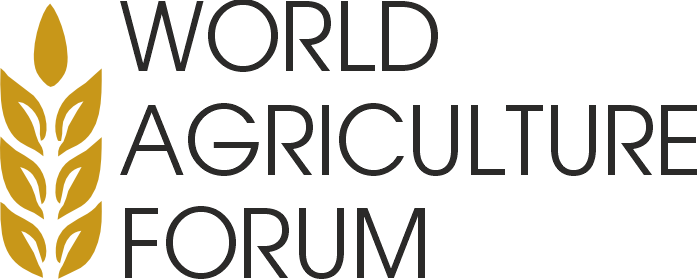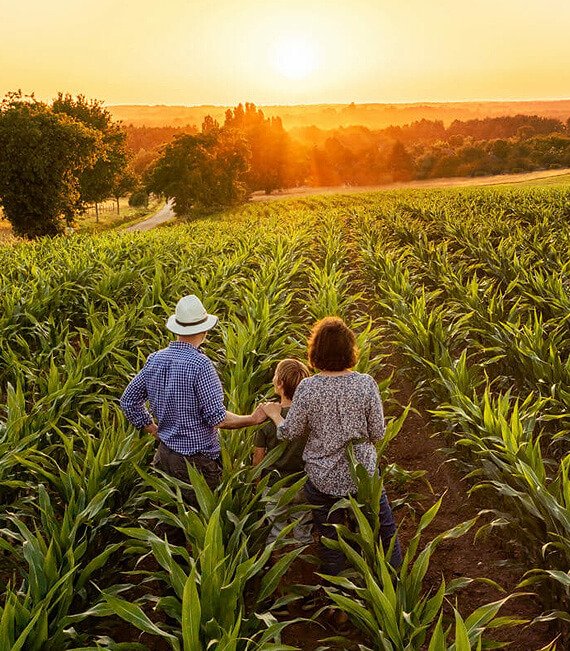Welcome to World Agriculture Forum


Welcome to World Agriculture Forum

WAF is a global platform connecting diverse stakeholders to drive sustainable agricultural development through policy advocacy, trade facilitation, and technology-driven solutions. WAF unites governments, farmers, agribusinesses, experts, and development institutions to bridge implementation gaps and drive sustainable agriculture and food systems transformation towards a resilient, food-secure future. With a strong focus on collaboration, innovation all along the value chain, and public-private partnerships, WAF is committed to transforming agriculture worldwide.
This non-profit venture stands sovereign and unbiased with its interest incumbent upon the betterment of agriculture and the livelihoods of smallholder farmers globally. Bringing together all the relevant stakeholders with a shared vision and focus on action, WAF will facilitate the flow of innovations, technologies, and success models that are often hindered due to lack of opportunity, policies or geographical barriers, in reaching intended beneficiaries.
The World Agriculture Forum will produce and share market intelligence and knowledge products, as well position papers to facilitate decision making. It will also organize its annual flagship event, the World Agriculture Summit, and related global events, where world leaders gather to deliberate pressing issues in sustainable agriculture and food systems, in line with the global agenda and national development plans. These summits also set the stage for public-private partnerships to materialize and showcase the latest developments and innovations in the sector. The Forum also presents an annual World Agriculture Prize to recognize persons, who have made significant contributions to humanity through agriculture.
Additionally, WAF plans to organize the World Agriculture Fair, along with various trade events and regional summits, to promote investments, trade, and technology cooperation. These events will also share global growth models and foster partnerships. Other key activities of the Forum include knowledge-sharing initiatives, research reports, consultation meetings, and policy advocacy to accelerate knowledge growth, initiate policy reforms, and enhance global business cooperation.
The WAF serves as convergence platform for regional and global bodies, trade and business chambers for knowledge sharing, boosting trade and cooperation and achieving working synergies through partnerships and collaborations.
The Forum also establishes standards, ratings, and recognitions, while offering advisories and policy inputs to guide global agriculture toward sustainable development in the face of weather risks, climate change, and rapid technological innovations
In short, the World Agricultural Forum aims to fill the long-standing void of an international organization that functions as a neutral platform for sharing, learning, collaborating, and cooperating on policies, ideas, innovations, and businesses. Its ultimate goal is to ensure the livelihood security of millions of farmers and contribute to global food and nutrition security in a sustainable manner.